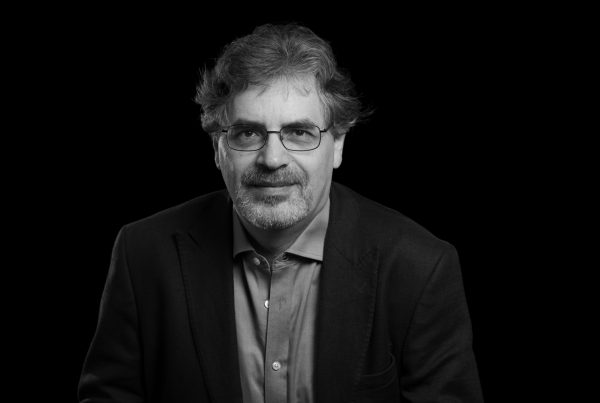Research interests
I am a historian specialized in the study of cross-cultural encounters in the early modern world, from a perspective combining the contextual analysis of ethnographic sources with the intellectual history of early modern Europe. My focus in the last few years has been analyzing early modern ethnography and its intellectual impact in the period 1500-1800. This has involved developing various parallel lines of analysis, including travel writing, cross-cultural diplomacy, religious missions, early orientalism, race and racism, and the history of cosmopolitanism. A growing concern has been to develop a global comparative perspective on these various topics (including Asia and the New World) that might help interrogate critically the eurocentric categories of the Renaissance and the Enlightenment. I coordinate the Research Grup on Ethnographies, Cultural Encounters and Religious Missions in the Iberian World (ECERM) at UPF, which has received funding from the ERC, AGAUR (SGR) and MINECO.
